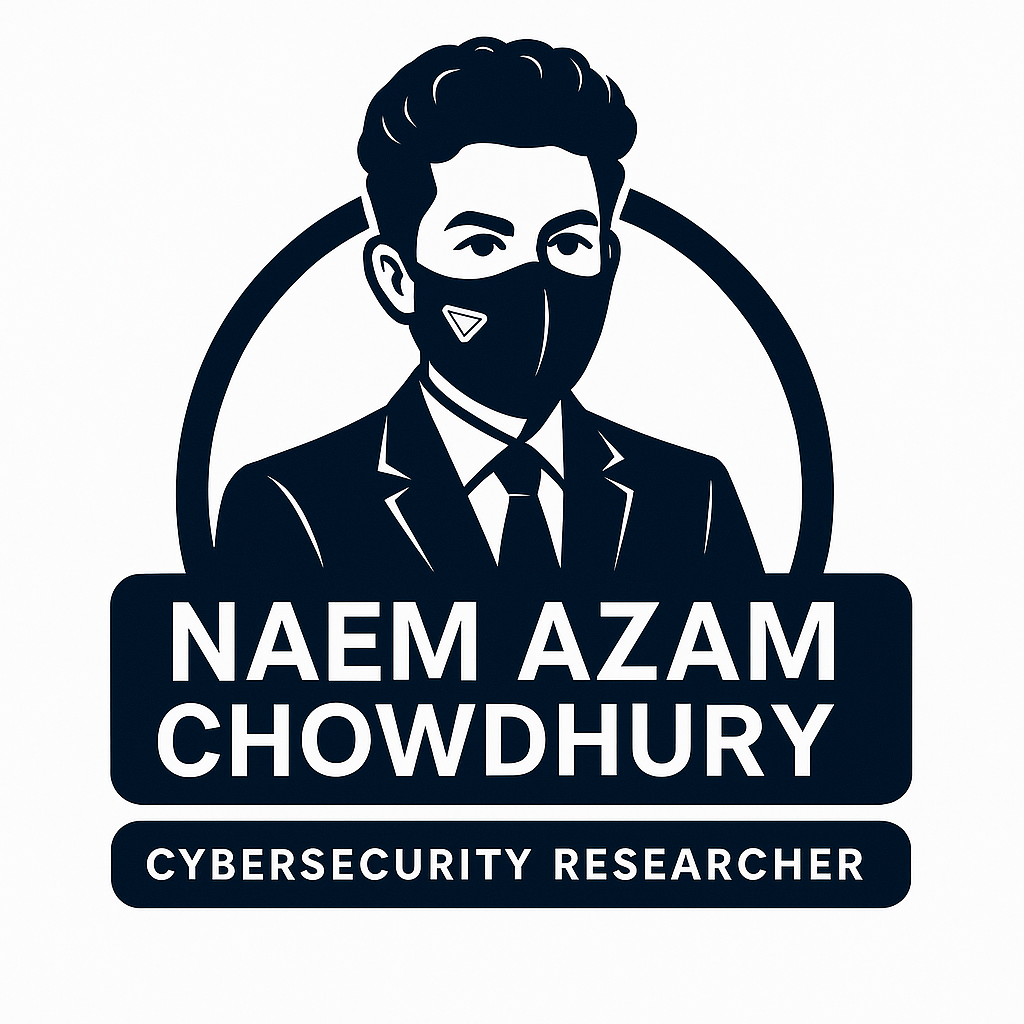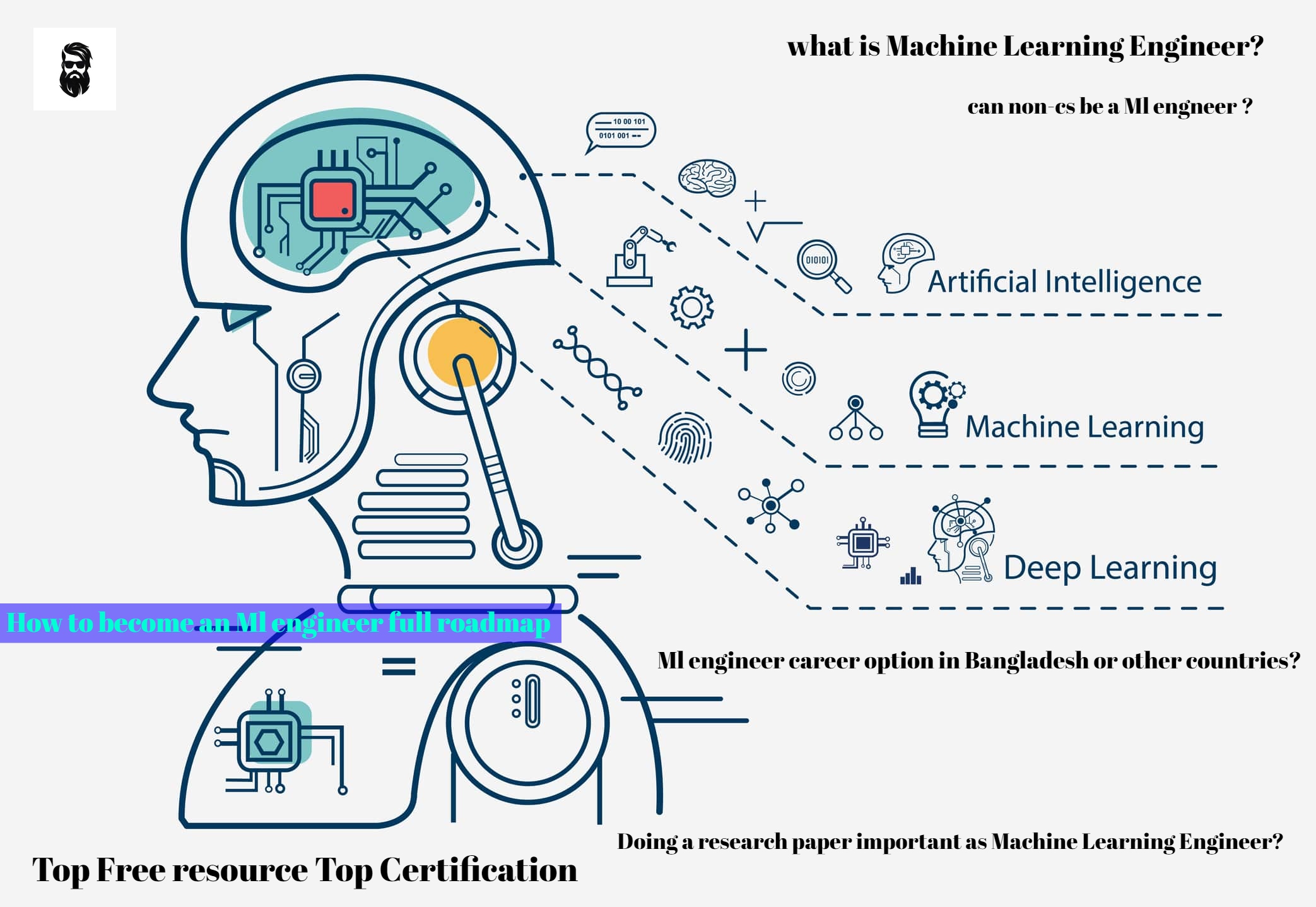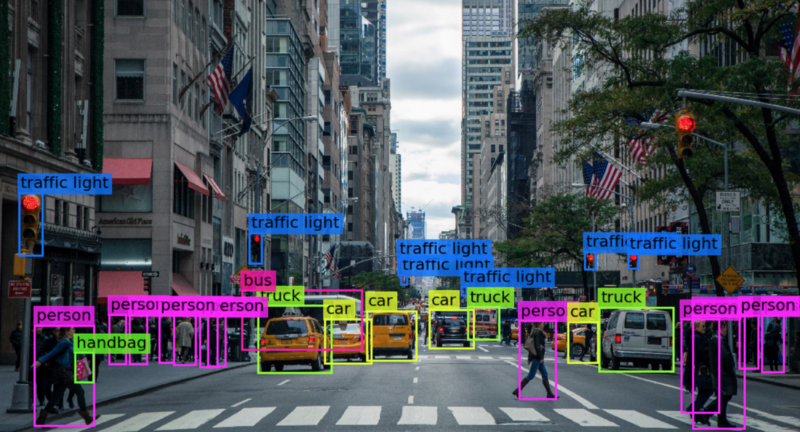How to be a Data scientist for CS and Non-CS
what is a Data scientist?
A data scientist is a professional who uses a combination of statistical, mathematical, and programming skills to extract insights and knowledge from data. They are responsible for collecting, analyzing, and interpreting large and complex data sets to identify patterns, trends, and relationships that can help organizations make informed decisions.
Data scientists typically work with large data sets using tools such as programming languages (e.g., Python, R), statistical modeling, machine learning, and data visualization techniques to make sense of the data. They often work closely with stakeholders in an organization to identify key business questions and develop data-driven solutions that can address those questions.
Data science is a rapidly growing field, and data scientists are in high demand across a wide range of industries, including finance, healthcare, technology, and e-commerce. The role of a data scientist is crucial in today's data-driven world as companies collect and analyze vast amounts of data to gain a competitive advantage.
does a non-degree become a Data scientist?
Yes, becoming a data scientist without a formal degree is possible. However, it may require more effort and dedication to gain the necessary skills and experience to be competitive in the job market.
There are many online resources and courses available that can help you learn the skills needed to become a data scientist, such as programming languages (Python, R, SQL), machine learning algorithms, data visualization, and statistics. These resources can be found on platforms such as Coursera, edX, Udemy, and many others.
It is also important to gain practical experience in data analysis, which can be accomplished through personal projects or participating in data science competitions. Building a portfolio of projects can demonstrate your skills and knowledge to potential employers.
Networking with other data scientists and participating in online communities can also provide valuable insights and guidance on how to break into the field.
While a degree can be beneficial in providing a structured education and exposure to different aspects of data science, it is not always a requirement for a career as a data scientist.
is becoming a Data scientist a good career option?
Yes, becoming a data scientist can be a very good career option. Data science is a rapidly growing field, and there is a high demand for skilled data scientists across various industries. According to reports, the demand for data scientists is expected to continue to grow in the coming years as more and more companies seek to leverage the power of data to drive business decisions.
Data science offers a wide range of opportunities to work on challenging and interesting problems, such as predictive modeling, natural language processing, computer vision, and more. Data scientists often work on cross-functional teams, collaborating with experts in fields such as business, engineering, and design, which can provide opportunities for growth and learning.
In addition, data science is a well-paying profession, with the median salary for a data scientist in the United States being over $100,000 per year, according to recent surveys. So, if you have an interest in working with data and have the necessary skills, becoming a data scientist can be a rewarding and lucrative career choice.
what we have to learn to become a Data scientist ?
To become a data scientist, you need to have a strong foundation in statistics, programming, and machine learning. Here are some of the key skills you should focus on:
- Programming: You should have proficiency in at least one programming language such as Python or R, which are widely used in data science. You should also be comfortable with SQL for data extraction and manipulation.
- Statistics: You should have a good understanding of basic statistics such as probability, hypothesis testing, and regression analysis, as well as advanced statistical techniques such as Bayesian analysis.
- Machine Learning: You should be familiar with different machine learning algorithms, such as linear regression, logistic regression, decision trees, random forests, and deep learning models. You should know how to build and evaluate these models and how to use them to make predictions.
- Data Wrangling and Exploration: You should be proficient in data cleaning, data transformation, and data exploration techniques, such as data visualization and exploratory data analysis (EDA).
- Business and Domain Knowledge: You should have an understanding of the business problems and domain in which you are working. You should be able to ask the right questions, identify key metrics, and develop solutions that meet business needs.
- Communication and Storytelling: You should be able to communicate your findings effectively to both technical and non-technical stakeholders, and use data visualization to tell a compelling story.
- There are various courses and certifications available to help you learn these skills. Additionally, hands-on experience working on real-world data science projects can also be valuable in developing these skills.
Professional career road map to becoming Data scientist
Here is a general career roadmap for becoming a data scientist:
- Earn a bachelor's degree in a relevant field such as computer science, mathematics, statistics, or engineering. You can also pursue a degree in a specific field that interests you, such as biology, finance, or social sciences.
- Gain experience in data analysis and programming. You can start by taking online courses in programming languages such as Python, R, or SQL, and practice applying these skills to real-world data problems.
- Pursue a master's degree in data science or a related field. This can help you gain a deeper understanding of advanced topics such as machine learning, data mining, and data visualization.
- Build a portfolio of projects that demonstrate your skills in data analysis, visualization, and machine learning. These projects can be personal or work-related, and they should showcase your ability to solve real-world problems using data.
- Gain practical experience through internships or entry-level data analyst positions. This can help you develop your skills in a professional setting and give you exposure to different types of data problems and industries.
- Pursue advanced certifications, such as the Certified Analytics Professional (CAP) or the Cloudera Certified Data Scientist (CCDS) to demonstrate your proficiency in data science and improve your marketability.
- Stay up to date with the latest developments in the field by reading research papers, attending conferences and meetups, and participating in online communities.
- Remember that this is a general career roadmap and your path may vary depending on your background, experience, and career goals.
top certificate to become a Data scientist?
There are many certificates available that can help you become a data scientist, and which one is best for you may depend on your specific career goals and areas of interest. Here are some of the top certificates in the field of data science:
- Certified Analytics Professional (CAP): Offered by the Institute for Operations Research and the Management Sciences (INFORMS), this certification covers a wide range of topics related to data science, including data preparation, modeling, and business problem framing.
- Certified Data Scientist (CDS): This certification, offered by the Data Science Council of America, focuses on machine learning, deep learning, data visualization, and other related topics.
- Cloudera Certified Data Scientist: This certification is offered by Cloudera, a company that specializes in big data technologies. It covers topics such as data analysis, machine learning, and statistics using the Hadoop ecosystem.
- IBM Data Science Professional Certificate: Offered on Coursera, this certificate program covers a range of data science topics, including data visualization, data analysis, and machine learning.
- Microsoft Certified: Azure Data Scientist Associate: This certification is offered by Microsoft and focuses on the use of Microsoft Azure tools and services for data science, including machine learning and data analytics.
These are just a few examples, and there are many other certificates available from different organizations and institutions. When choosing a certification program, it's important to consider your specific career goals and interests, as well as the reputation and recognition of the program.
top free resource to learn Data science?
There are many free resources available online that can help you learn data science skills and become a data scientist. Here are a few examples:
- Coursera: Coursera offers a wide range of courses on data science topics, many of which are available for free. Some of the top courses include "Machine Learning" and "Applied Data Science with Python."
- edX: Similar to Coursera, edX offers a range of courses on data science topics, many of which are free. Some of the most popular courses include "Data Science Essentials" and "Python for Data Science."
- Kaggle: Kaggle is a platform that hosts data science competitions and provides a community for data scientists to share and collaborate on projects. They also offer a range of free tutorials and courses on data science topics.
- DataCamp: DataCamp offers a wide range of courses on data science topics, including R, Python, SQL, and machine learning. They offer a free trial, and some of their courses are available for free.
- GitHub: GitHub is a platform for developers to share and collaborate on projects, and there are many data science projects and resources available on the site. You can search for data science projects and repositories on GitHub and explore code and examples.
These are just a few examples of the many free resources available for learning data science skills. It's important to find resources that match your interests and learning style, and to practice your skills by working on projects and applying what you've learned.
is google data science certificate good?
Yes, the Google Data Analytics Professional Certificate is a good certification program for individuals looking to start a career in Data Science. The program is designed to teach essential skills in data analysis, including data cleaning, visualization, and basic statistical analysis using tools such as Google Sheets, SQL, and Tableau. The curriculum was developed in collaboration with Google employees and covers the skills and knowledge needed to work as a Data Analyst.
The certificate program is delivered online through Coursera and consists of six courses. The program is designed to be completed in about six months, but participants can complete it at their own pace. The courses include video lectures, quizzes, and hands-on assignments to help participants apply what they have learned.
The Google Data Analytics Professional Certificate is recognized by many employers and can help individuals to stand out in the job market. Completing the program can demonstrate proficiency in data analysis skills and can be a valuable asset when applying for Data Science or related roles.
job opportunities for Data scientists in Bangladesh and outside of Bangladesh?
Data Science is a growing field and there are job opportunities for Data Scientists in Bangladesh as well as outside of Bangladesh. Some of the industries that are hiring Data Scientists include:
- Technology
- Finance
- Healthcare
- Retail
- E-commerce
- Marketing and Advertising
- Manufacturing
In Bangladesh, the demand for Data Scientists is increasing in industries such as banking and finance, telecommunication, and e-commerce. Many multinational companies are also expanding their operations in Bangladesh, which creates job opportunities for Data Scientists.
Outside of Bangladesh, Data Scientists are in high demand in countries such as the United States, Canada, the United Kingdom, Australia, and Singapore. The demand for Data Scientists is increasing in many industries and organizations that are looking to leverage the power of data to drive decision-making and gain a competitive advantage.









